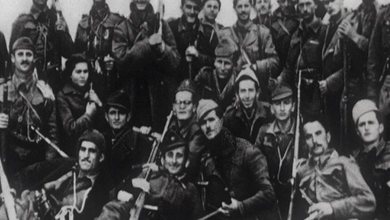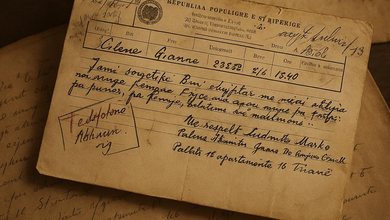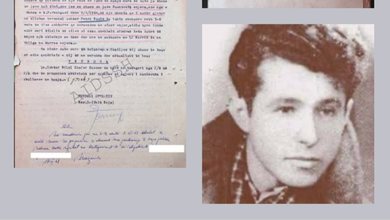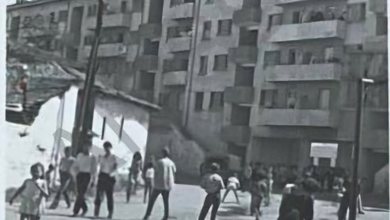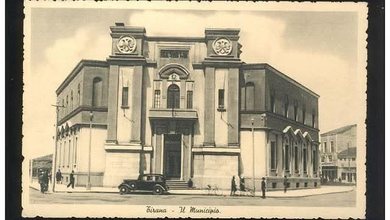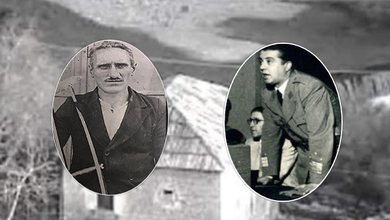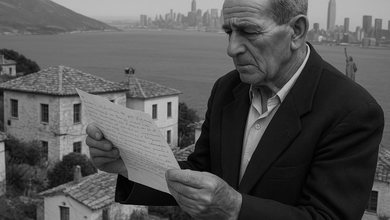
In the summer of 1961, a Polish woman, Teresa Çuku (Machau), wrote a handwritten letter full of emotion, pain, and humility, addressed to Enver Hoxha himself. She begged the Albanian leader to grant her a visa to Albania — to reunite with her Albanian husband, Sulejman Çuku, whom she had married while studying in Poland. Her letter was a touching testimony of a love forbidden by politics.
“I humbly ask you to help me in my tragic situation,” she wrote. “My husband, Sulejman Çuku, is an honest citizen and loyal to his homeland. Our little son, Marek, is growing up without a father. Please give me permission to come to Albania and live with them.”
But for Teresa Çuku, love was not enough to break the walls of communist ideology. Just a few months later, in Tirana, an official document titled “Information on the letter of the Polish citizen Teresa Çuku (Machau)” prepared by the Ministry of Foreign Affairs sealed her fate: her visa application was rejected. The reason? Her marriage to an Albanian citizen was “illegal” because it had been performed without the permission of the organs of the People’s Republic of Albania.
In the report signed by official Kujtim Myzyri, it is noted that the Albanian embassy in Warsaw did not agree to the marriage, “due to Teresa’s family’s past” and the fact that “her father had been a supporter of the Polish government in London”, i.e. of a pro-Western orientation. Although he had been killed by the Germans during the Warsaw Uprising in August 1944, for the Tirana regime this was not enough to consider him “politically reliable”.
At the end of the document, on the left side, a short but cold note is handwritten:
"To Comrade Ramiz: we are considering not giving him a response."
The decision was signed by senior Ministry officials on July 30, 1962.
At that time, after the breakdown of relations with the Soviet Union in August 1961, Albania severed all ties with other Eastern Bloc countries, including Poland. Hundreds of foreign wives of Albanians who had studied abroad were barred from entering the country. Some of them were declared undesirables, others were forever separated from their families.
Teresa Çuk's letter is one of dozens of testimonies from Polish women who pleaded in vain with the Albanian regime to be reunited with their husbands. A letter that begins with the words "I beg you with all my heart to help me" and ends with the silence of the state that never returned her response.
A love story that remained trapped between two worlds: that of human feeling and that of ideological dogma, which in the Albania of that time always had the last word.


